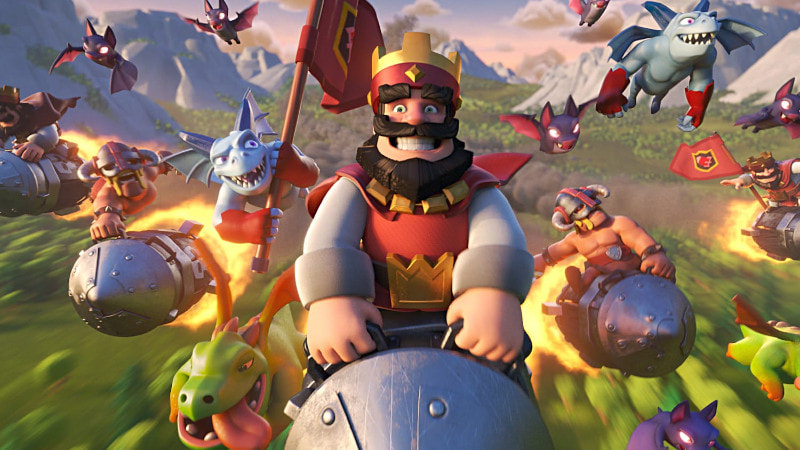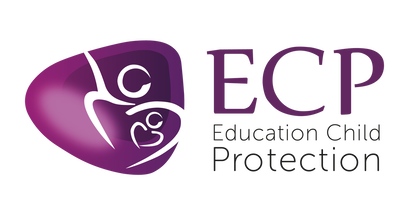CLASH ROYALE
|
MINIMUM AGE: 13+
WHAT IS IT? Clash Royale is a combat multi-player game where players can build their own battle communities. Clash Royale is a video game based on a similar game: Clash of Clans. Inside Clash Royale you can get the characters that are part of the Clash of Clans world. Currently, Clash Royale has 98 cards with which players can build their deck and start competing against other players. Every time you win, you can receive a chest, in this chest, you will also receive new cards. You will also get coins to level up your cards, something similar to what was done in Clash of Clans. WHAT WE SAY: Treat with caution.
|
SAFETY TIPS TO CONSIDER:
FURTHER SUPPORT: For parents/ carers If you're worried about your child or need support call NSPCC helpline on 0808 800 5000. If you discover criminal content when online then report it directly to the police or the Internet Watch Foundation. If you're worried about online grooming or sexual behaviour online then report directly to the police or contact CEOP. For Children & young people if they're worried or want to talk, encourage them to contact Childline Online or call 0800 1111. Check out our Resource Centre for further information and useful online safety tips. |


